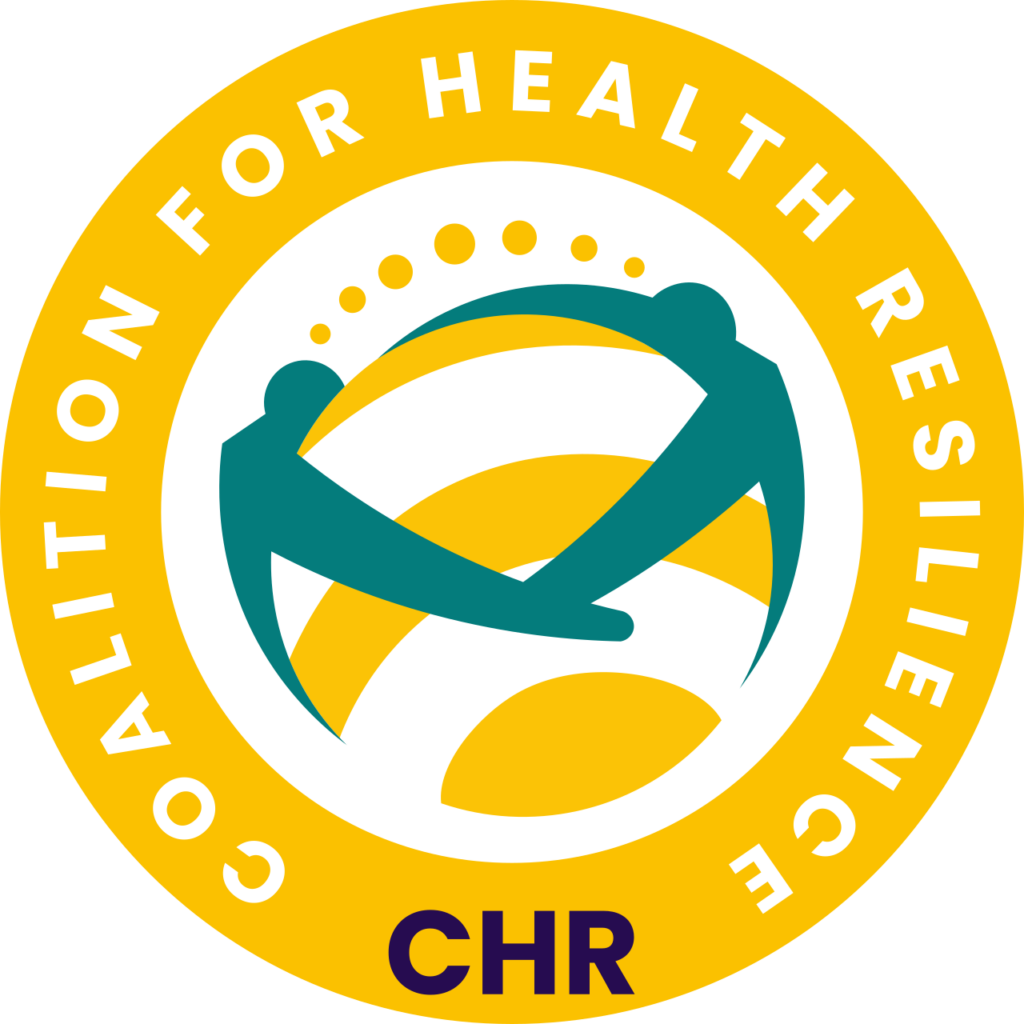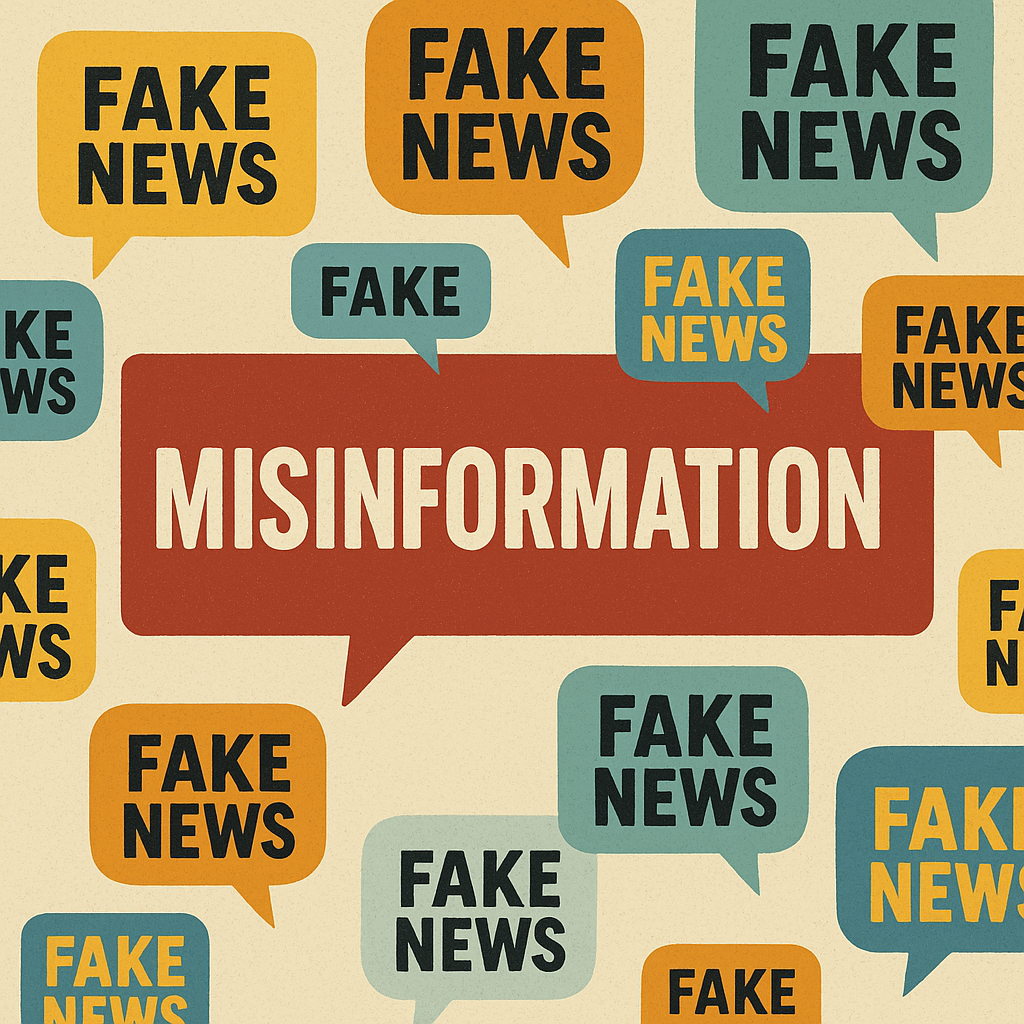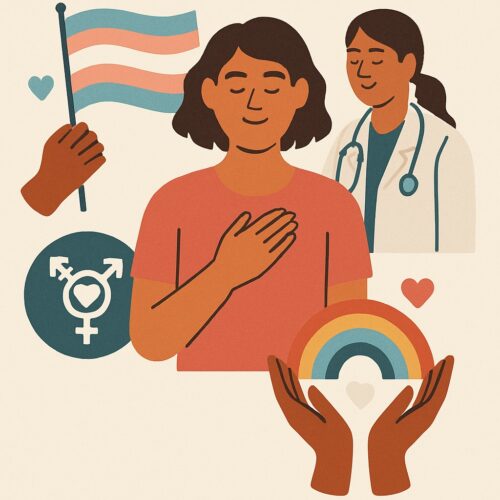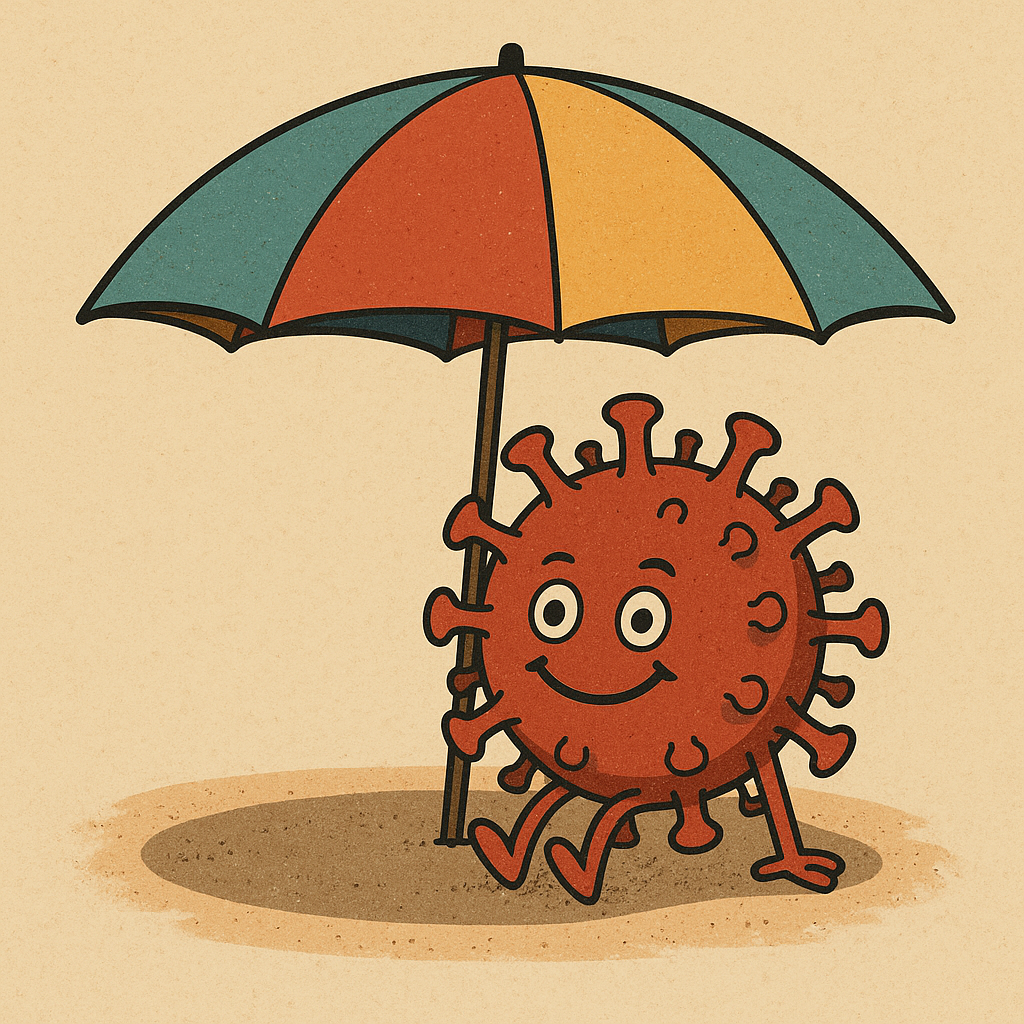About This Website
Voices of Public Health, an initiative of the Coalition for Health Resilience, is dedicated to amplifying perspectives on the challenges and innovations shaping public health today. Our mission is to bring together stories, news, and resources that are critical for ensuring resilient public health systems that support communities. We do this by distilling public health related information to reach people everywhere while elevating community voices locally and globally. Through storytelling, research, tool development, and collaboration, we strive to bridge gaps in public health understanding and inspire action toward a healthier, more resilient future for all.
Who we are
The Coalition for Health Resilience represents people from all corners of the United States with vast experience in and deep commitment to a variety of global health related issues all over the world. We have volunteered our time to bring together stories, news, and resources that are critical for ensuring resilient public health systems. We came together because we recognize that public health intersects with all parts of life and we feel it is essential to foster a space grounded in data and unique lived experiences to build more resilient public health everywhere. We see the Coalition as an open space for anyone to join and contribute. Please consider joining us or contributing your voice!
Why we write
Our passion and commitment to public health motivates us. The recognized need to communicate what we know to others drives us. We are living through a shift in perception about public health and feel it is critical that we better communicate what we do and how we do it so communities are more resilient. Collectively, we bring with us the knowledge and experience to speak to a wide variety of issues, programs, and diseases. We write to share information, advocate for health programs, and educate those who wish to learn more.
Our Experience
Across the coalition, we have experience on a wide range of public health issues all over the world. Collectively we have worked across the United States, Latin America and the Caribbean, Africa, the Middle East, and Asia. We represent communities with rich lived experience strengthened by our knowledge as clinicians, researchers, and students. We have supported HIV programs, strengthened pandemic preparedness, addressed vaccine hesitancy, and supported maternal and child health programs to name a few. Our collective knowledge offers a foundation for us to engage with all sorts of topics, and our passion drives us to share what we know with the world.
What is Resilience
Resilience is simply the ability to respond, adapt, and recover when presented with a challenge. When we say health resilience, we are talking about having a society that can respond, adapt, and recover when we face a health challenge. These challenges can range from providing insulin in the face of a shortage, responding to an emergency event like a natural disaster, chemical spill, or conflict, or preventing an outbreak from becoming a pandemic. Importantly, resilience requires action at many levels (individuals, communities, hospitals, etc.) and at many times (preparing before a challenge, responding and adapting during a challenge, and recovering after a challenge).
What is Foreign Aid Anyways?
The US government has been involved in providing foreign assistance since before the first world war. There is a robust history of American communities and churches giving aid to other countries (charity). Initially foreign aid was given for humanitarian reasons to those recovering from war and to prevent starvation and assist with poverty reduction. In time, foreign assistance was also seen as important to American national security and commercial interests. Foreign aid encompasses money, technical expertise, equipment, and supplies that are shared between countries for the purposes of humanitarian assistance, economic, social, and political development, and security. This type of assistance is financed from US taxpayers and other revenue sources that Congress appropriates annually through the United States budget process. It is dispersed through “over 20 U.S. government agencies that manage foreign assistance programs,”[4] although about half of all economic assistance was channeled through the United States Agency for International Development (USAID) which was established by the executive order of President John F. Kennedy, who sought to unite and coordinate several existing foreign assistance organizations and programs under one agency.
Typically, the support from the US government goes either to a government entity or to communities in that country. Such support typically falls into one of three categories: humanitarian assistance for life-saving relief from natural and manmade disasters; development assistance that promotes the economic, social, and political development of countries and communities; and security assistance, which helps strengthen the military and security forces in countries allied with the United States. Foreign aid accounts for a tiny fraction of the total U.S. budget (about 1% or less). Humanitarian, development, and security assistance each account for just a small fraction of that 1%. Very little is delivered as cash, and most funds for humanitarian and development assistance are not provided to government entities but used for technical assistance and commodities provided by U.S., international, and local organizations.
Does it Make a Difference?
Considering how little we actually spend on foreign assistance (remember, its 1% or less of our overall federal budget), the impact of our support on the lives of people all over the world can’t be understated. In 2023 alone activities supported by U.S foreign assistance directly resulted in education for 23 million children who otherwise would not be in school and better health and health services for 95 million people (especially mothers and babies). Between 2003 and 2023 the President’s Emergency Plan for AIDS Relief (PEPFAR) and Presidents Malaria Initiative (PMI), both begun by George W. Bush, saved 25 million lives from HIV/AIDS and enabled 5.5 million babies to be born HIV-free and saved the lives of nearly 7 million children under 5 years old by significantly reducing malaria related mortality. Global rates of mortality for mothers, infants, and children have been cut in half and overall life expectancy has more than doubled. We have managed to completely wipe out diseases like smallpox and have gotten very close to doing the same with polio.
…..and these are just a few examples. Foreign aid does more than just improve health, education, and life expectancy. It also supports agriculture, counter-terrorism, food security, poverty reduction, and so much more! While it isn’t perfect, the reality is that foreign aid support translates to real improvements in peoples lives all over the world.
So What?
Sometimes it seems like Americans are on the hook for every cause in the world, that we are expected to write the checks for everything that comes along. And it is true that the U.S. has been the largest provider of foreign aid globally. However, other nations step up too, and the U.S. actually provides a smaller proportion of its GDP than all other wealthy nations – despite popular belief!
You might feel that the livelihoods and well-being of others aren’t worth the effort (or the small portion of our budget), but foreign assistance has real impacts for the United States too. Foreign assistance supports programs that detect and combat infectious diseases, like Ebola, before they can reach U.S. shores and promote more effective responses when they do, through shared research and data with other countries. Millions of foreign assistance dollars also go directly to U.S. farmers and companies to buy agricultural products, medical supplies, and contracting services from U.S.-based companies. Effective foreign assistance programs also further our interests by generating goodwill, giving U.S. government officials and businesses priority access to officials in other countries and increasing the motivation for cooperative agreements. Foreign assistance helps stabilize countries and promotes economic development: 11 of the top 15 U.S. export markets are former recipients of foreign assistance. Numerous U.S. military leaders, as well as the American Legion, have publicly supported foreign aid, emphasizing its importance in promoting national security and global stability, preventing conflicts and reducing the need for costly and dangerous military interventions.
All of this impacts U.S. economic prosperity and stability, which can mean a real difference for everyday Americans. Foreign assistance helps create peace and stability in other countries, which makes it easier for the U.S. to trade with them and sell American products. When other countries grow economically, they become better customers for U.S. businesses, which helps create jobs in America. It also helps prevent problems like disease outbreaks or conflicts from spreading, saving the U.S. money in the long run. Supporting other countries’ growth and stability means more opportunities for everyday Americans to benefit from a stronger global economy.
The recent terminations of life-saving foreign aid programs will have devastating consequences for people everywhere, including in the United States. Many U.S.-based organizations that supported life-saving health programs, including religious non-profits, cannot continue to operate and so have had to lay off staff, cease operations, and/or incurred substantial debts. Thousands of skilled, dedicated, and talented American citizens have lost their jobs. As you read this, children are being born with HIV who would otherwise have been protected if their mothers continued to have access to antiretroviral medications. Children are not being treated for infections or receiving nutritional supplements that support their current and future development. Emergency food supplies and medications that were purchased prior to the pause are now spoiling in warehouses and on docks, since the organizations have not received permission and/or funding to distribute them. The termination of foreign aid contracts is wasting U.S. taxpayer dollars and causing loss of life.
The impacts are far reaching and may be hitting closer to home than you realize. We must take collective action now to ensure a safer, more prosperous America while supporting people who need it all over the world. Please contact your members of congress and feel free to use these talking points to advocate for a safer America.








